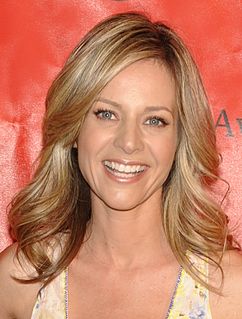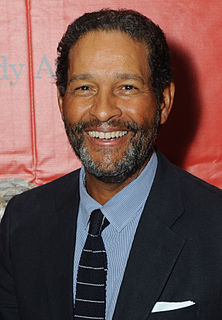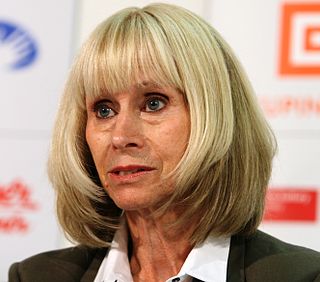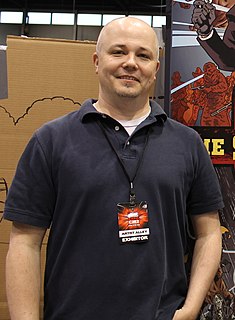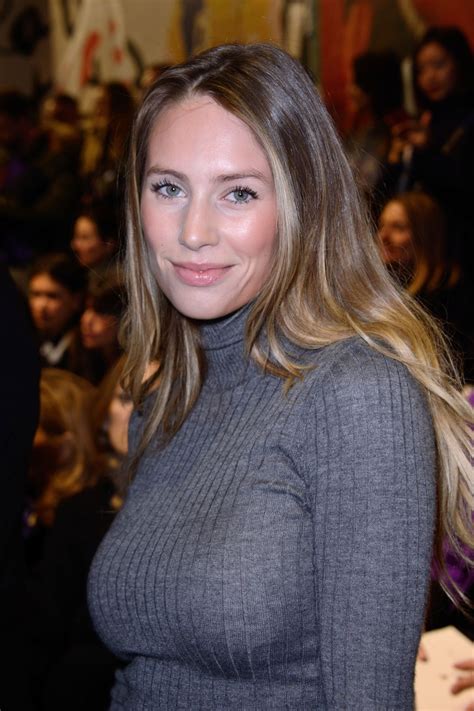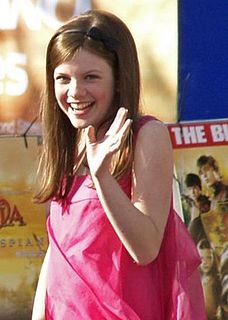A Quote by Jason Katims
The shows I've been working on, especially 'Parenthood' and 'Friday Night Lights,' I think are completely character-driven stories. I think, for most writers, that's a privilege to be telling those kinds of stories. It's erroneous to me.
Related Quotes
I sort of was inspired by 'Friday Night Lights,' where it was a very different show, but similar in that they were both large ensemble dramas where you had many stories going on at once. I wanted to do a show that shared that element, and that's really why I wanted to develop 'Parenthood' as a series.
Woodfall wasn't deliberately telling working-class stories, but John Osborne and other writers who were involved with them were writing those stories, which had never really been written before. The working-class person always had to have an accent before, was often a joker, and peripheral. At Woodfall, they were driving the film.
I'm one of those writers who started off writing novels and came to writing short stories later, partly because I didn't have the right ideas, partly because I think that short stories are more difficult. I think learning to write short stories also made me attracted toward a paring down of the novel form.
The really successful work in England tends to be working-class writers telling working-class stories. The film industry has been slow to wake up to that, for a variety of reasons. It still shocks me how few films are written or made in England about working-class life, given that those are the people who go to movies.
My real purpose in telling middle-school students stories was to practice telling stories. And I practiced on the greatest model of storytelling we've got, which is "The Iliad" and "The Odyssey." I told those stories many, many times. And the way I would justify it to the head teacher if he came in or to any parents who complained was, look, I'm telling these great stories because they're part of our cultural heritage. I did believe that.


